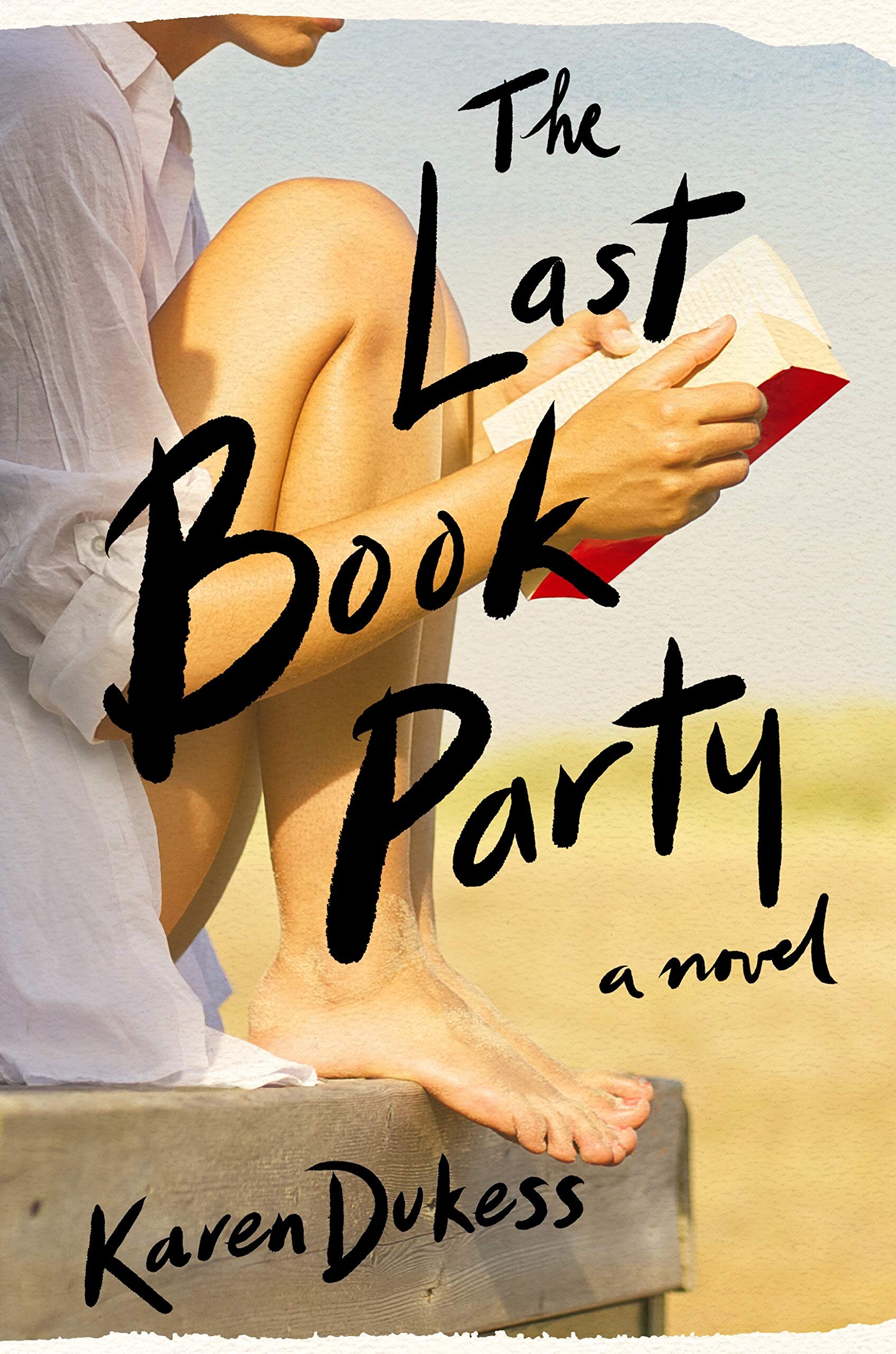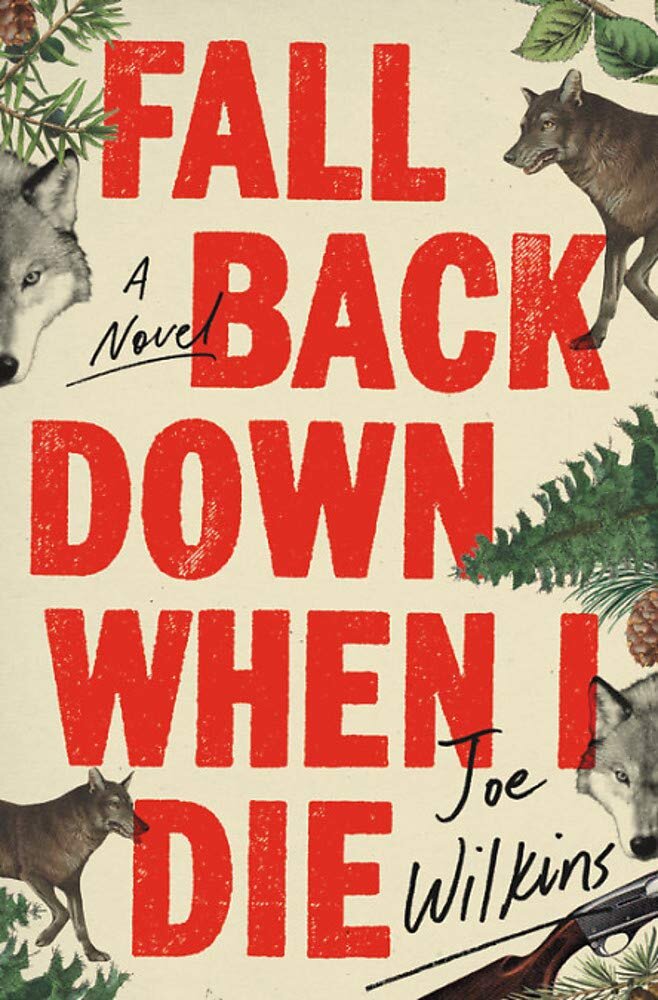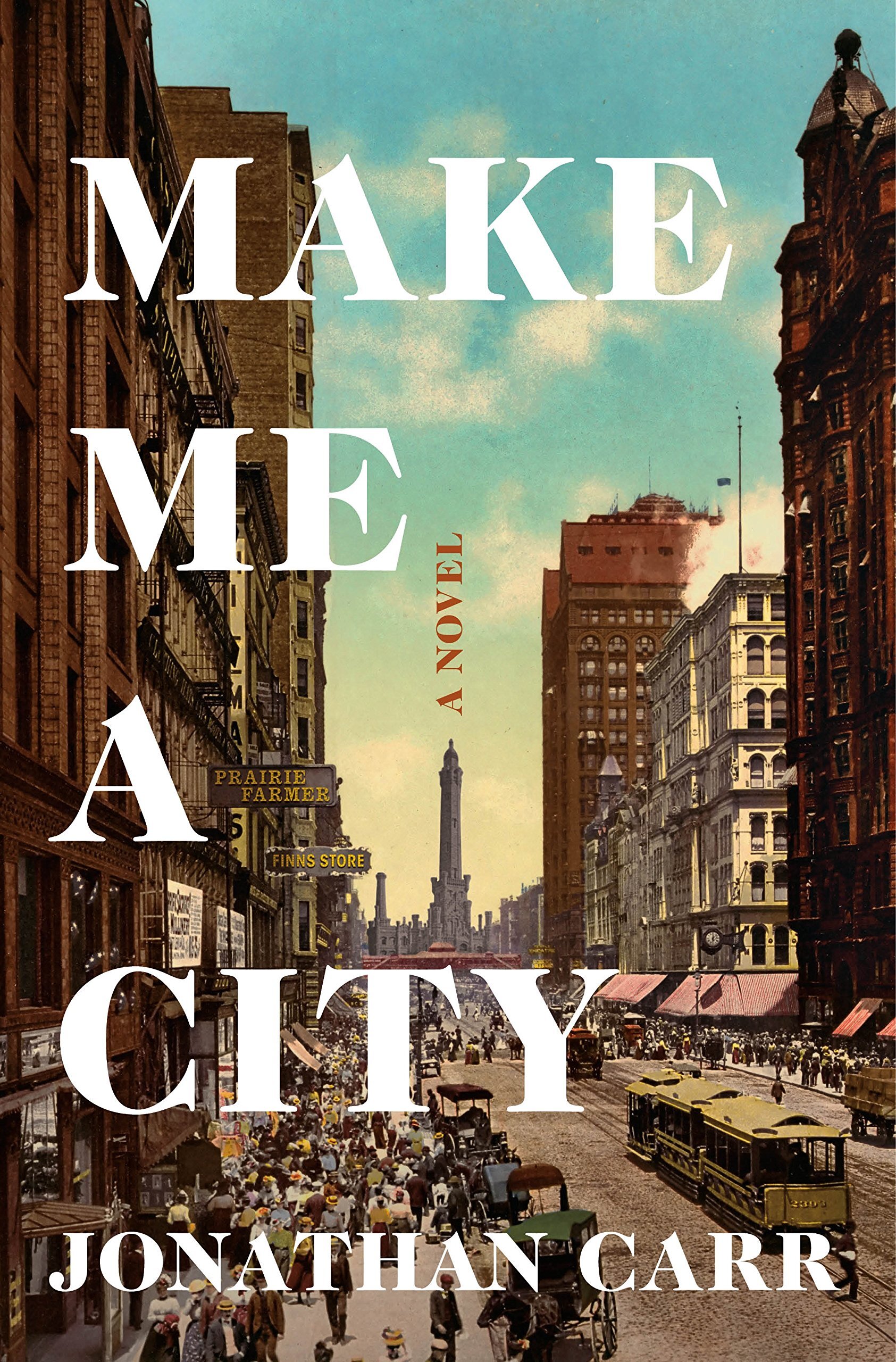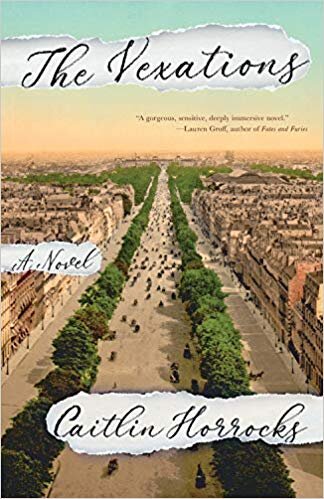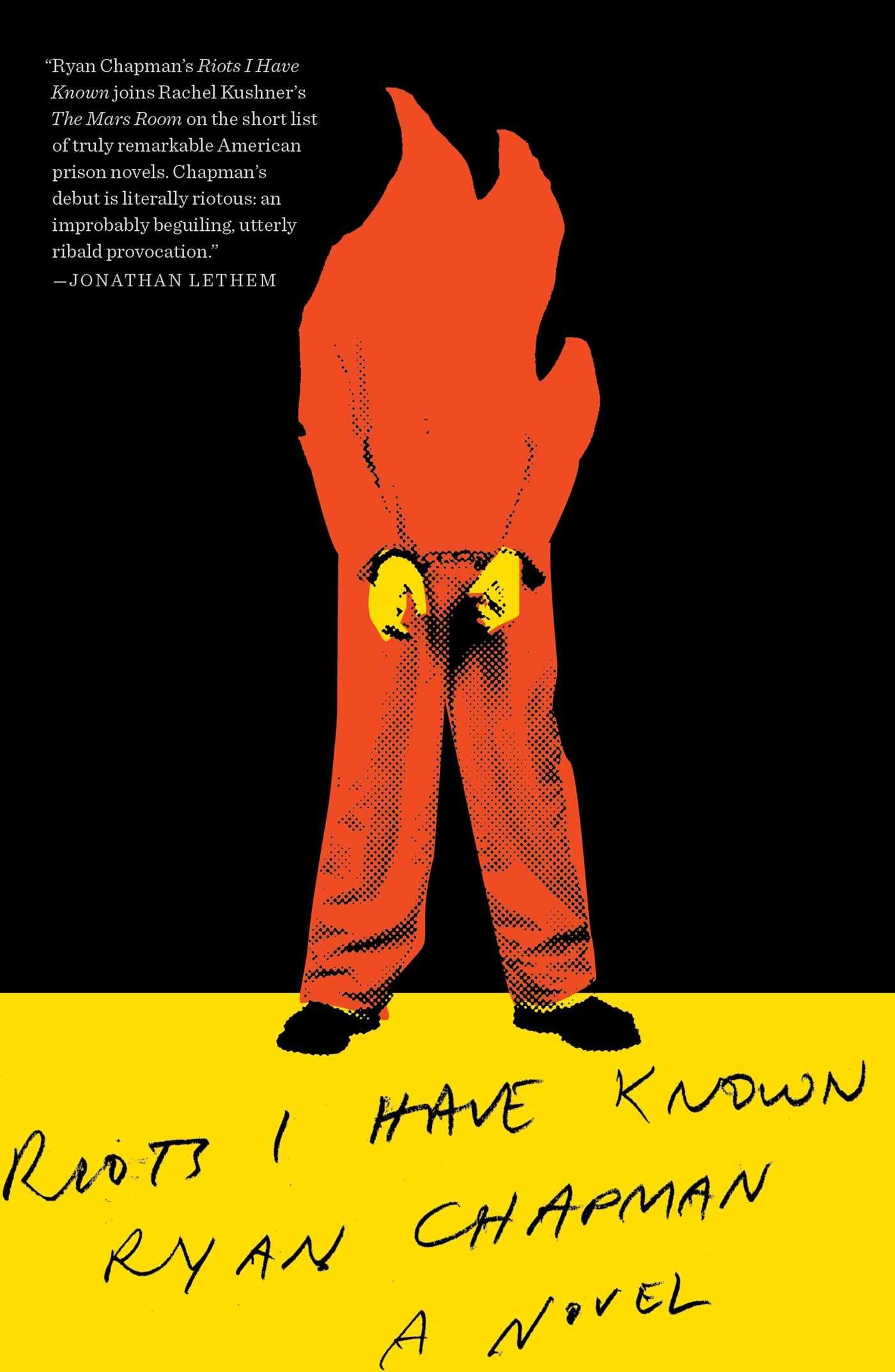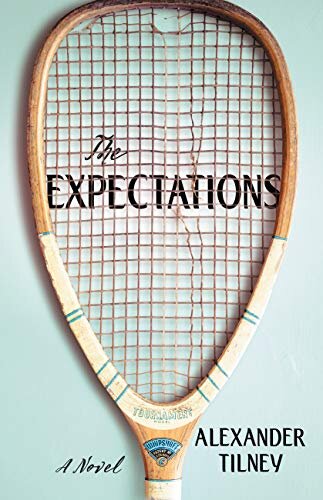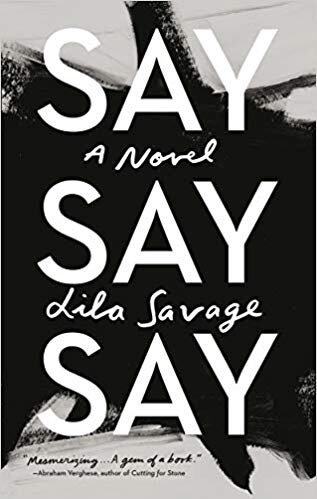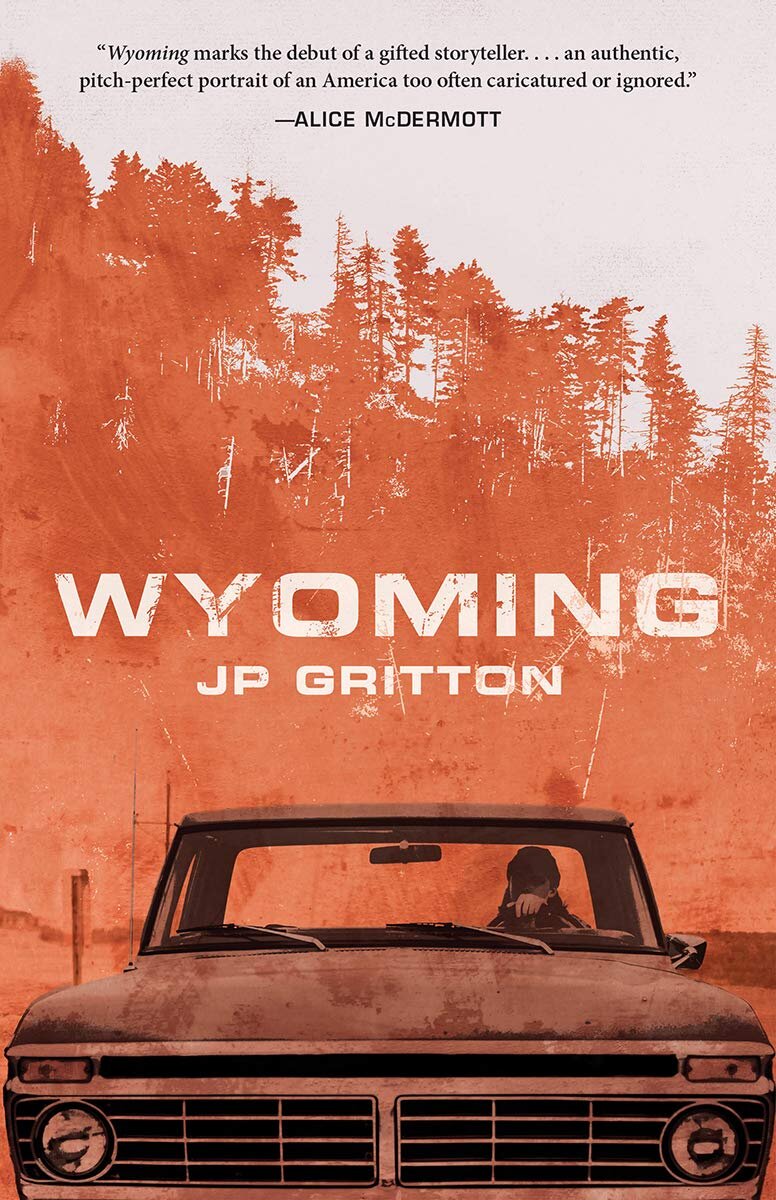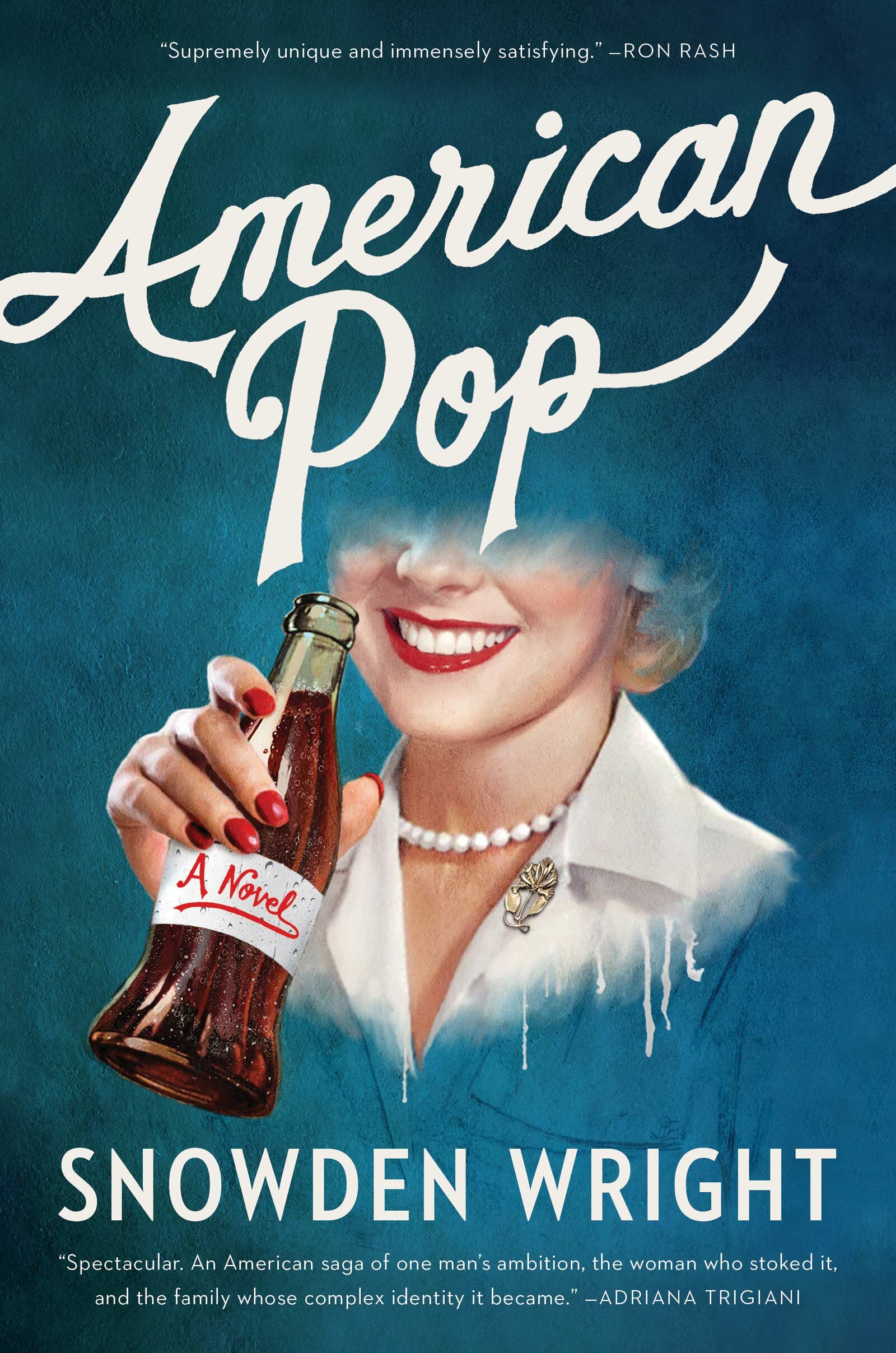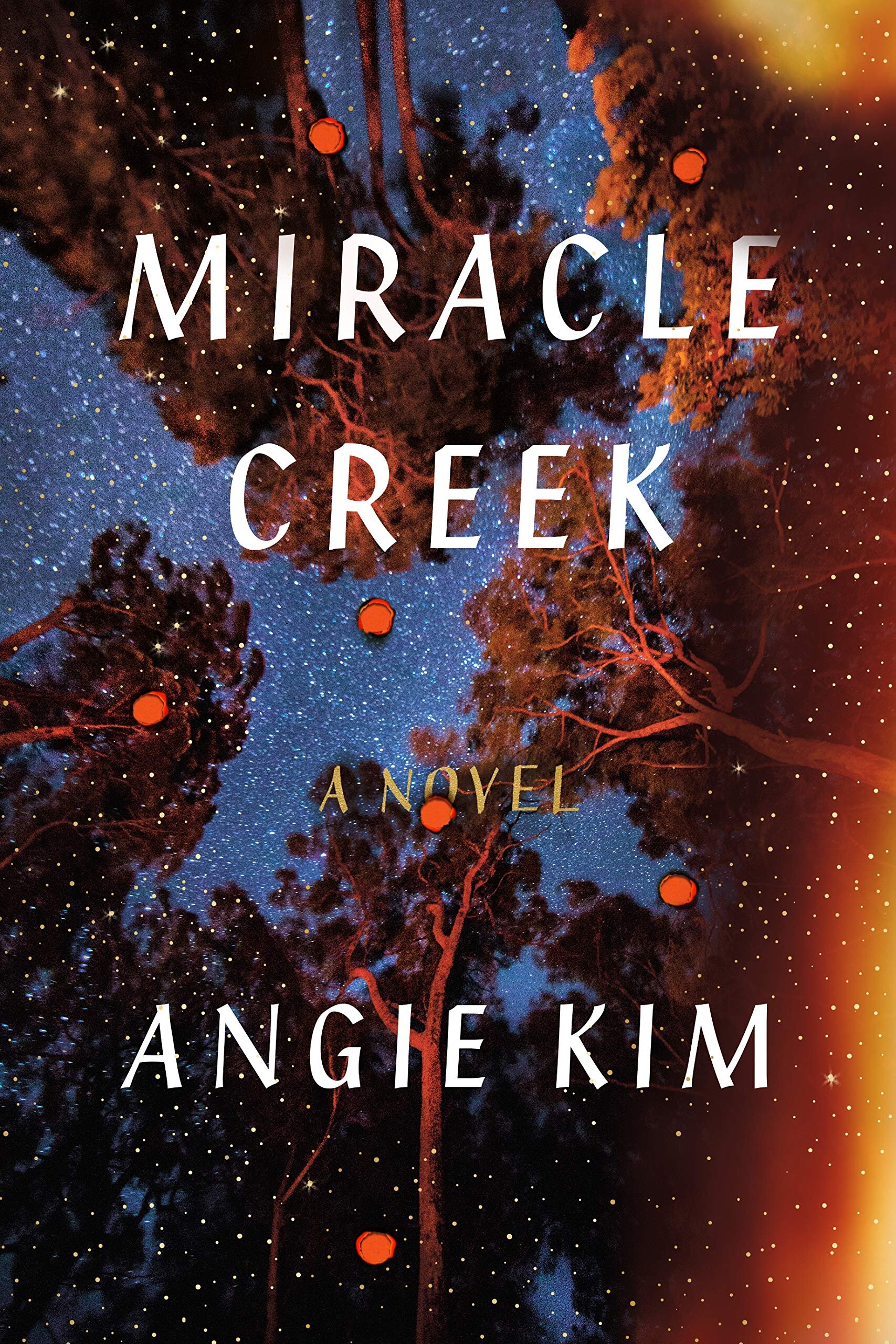The Best Books of 2019: Debut Fiction!
/As with reprints, so too with first novels: they make an excellent bellwether for the health of the broader reading world. 2019’s crop of debuts included all the usual suspects of time-wasting navel-gazers (how could it not, with the stain of “autofiction” still spreading unchecked through the publishing industry?), but it also included a healthy array of gems. Here are the best:
10 The Last Book Party by Karen Dukess (Henry Holt) - The fact that so many critics and reviewers inevitably referred to this as a “summer book” or a “beach book” was of course infuriating, but the fact that so many of those reviewers meant it as praise is a good reflection of how terrific a debut this book - a kind of coming-of-age novel set in the literary world of the 1980s - actually is.
9 Fall Back Down When I Die by Joe Wilkins (Little, Brown) - Wilkins’ story about a desperate young Montana rancher and an abandoned boy is positively festooned in overtly manipulative gimmicks and thus ought only to provoke enraged “how dumb do you think I am” bleats from yours truly. But Wilkins makes an intensely gripping story out of those same elements.
8 Make Me a City by Jonathan Carr (Henry Holt) - The events and especially the characters in this historical novel of 19th-century Chicago breathe with believability, and the whole thing is infused with a quiet and stubborn wisdom that’s usually, with all due affection, the last thing a reader encounters in a debut novel.
7 The Vexations by Caitlin Horrocks (Little, Brown) - Like Make Me a City and a couple of other entries on the list this time around, Caitlin Horrocks here writes a debut of historical fiction, in this case telling the story of composer Erik Satie - and telling it with such warmth and uncomplicated enjoyability that even back in the summer I strongly suspected it would be on this list.
6 Riots I Have Known by Ryan Chapman (Simon & Schuster) - Since the narrator of Ryan Chapman’s debut novel is describing an ongoing riot in the prison where he’s incarcerated (or telling readers the increasingly sordid story of his pre-jail life), humor seems off the table. And yet Riots I Have Known is deeply, knowingly funny - and also raw with wisdom.
5 The Expectations by Alexander Tilney (Little, Brown) - Alexander Tilney’s debut about two very different outcasts trying to thrive in an elite New England boarding school somehow manages to side-step most of the reflexive “elite New England boarding school” cliches, instead giving readers a movingly sensitive portrait of an unlikely friendship.
4 Say Say Say by Lila Savage (Knopf) - This slim novel about the weirdly-balanced relationship between a brain-damaged woman, her loving but overwhelmed husband, and the caregiver he hires to help out rises by steady, subtle steps to become something wonderful, an increasingly disturbing examination of kindness.
3 Wyoming by JP Gritton (Tin House Books) - This, too, is technically a historical novel, set in 1988 and featuring the flailing roadtrip-adventures of a young loser named Shelley Cooper. But the main attraction of JP Gritton’s heartbeat-tense debut, the overwhelmingly memorable realization of Shelley Cooper as a character, feels just elemental enough to be cut loose from such specifics. This is dark, heartfelt stuff.
2 American Pop by Snowden Wright (Morrow) - Snowden Wright’s sprawling historical novel about the generations of a soda pop dynasty reads with a lush accumulation of momentum across the lives of the Forster family and the dozens of strangers unlucky enough to be drawn into its orbit. Every reader will have a favorite Forster, and every reader will be gradually, gloriously disillusioned.
1 Miracle Creek by Angie Kim (Farrar, Straus and Giroux) - With this, the best fiction debut of 2019, we end as we began: with a sharp, beautifully-rendered novel being characterized from here to Timbuktu as a “courtroom drama” when Angie Kim’s debut, about small-town Virginia life, miracle-cure mania, and a family of Korean immigrants, is wonderfully, ambitiously concerned with so much more than how the events of the book’s central tragedy play out in court. Kim has created a big and complex world and filled it with utterly believable characters.

